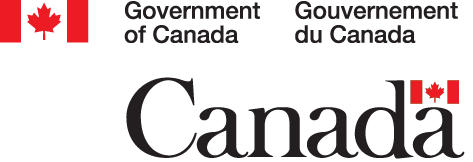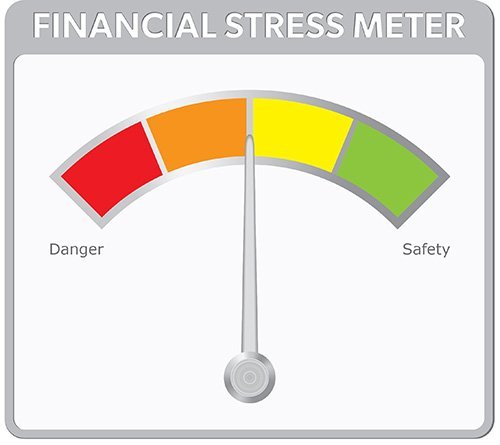Failed the mortgage stress test? Alternative lenders await — at a price - BEWARE
Posted by Steve Harmer on Tuesday, November 1st, 2016 at 2:35pm.
 On Monday the 17th of October, stricter new federal rules about who can qualify for an insured mortgage took effect across the country.
On Monday the 17th of October, stricter new federal rules about who can qualify for an insured mortgage took effect across the country.
Now, all new mortgage applicants have to pass a ‘stress test,’ which tries to predict whether they can keep up with mortgage payments, at their current salary levels, if interest rates were to rise.
Low interest rates have fueled red-hot real estate markets in south-central Ontario and, especially, Vancouver. As real estate values have skyrocketed in both places, uneasiness has grown about affordability and whether real estate has become a bubble economy. Because of mortgage insurance guarantees, Ottawa has a stake in home buyers not buying more than they can afford (leaving aside risks to the wider economy).
 “I want to make sure we are proactive in assessing and addressing the factors that could lead to excess risk,” federal finance minister Bill Morneau said of the changes.
“I want to make sure we are proactive in assessing and addressing the factors that could lead to excess risk,” federal finance minister Bill Morneau said of the changes.
Under the new rules, borrowers will be tested on their ability to pay their mortgage if rates were as high as the five-year posted mortgage rates among Canada’s largest banks, which currently average 4.64 per cent, according to the Bank of Canada.
So if the stress test limits won’t let you buy the house you have in mind (or any house at all), is that the end of the story?
Not necessarily, but the answer really depends on your attitude to risk, and debt.
There are smaller mortgage lenders who don’t come under the rules because they’re not backed by mortgage insurance.
“These rules apply only to banks,” explains Ron Alphonso, who runs a Toronto-based private mortgage fund. “They do not apply to some of our secondary lenders.” “We have a large number of smaller financial companies — you’ve never heard of them, but there are a large number of them. They are corporations that have multiple investors and they lend the money out.”
Secondary lenders typically specialize in a region, and are smaller-scale, in the $5-50 million range, Alphonso explains. The down side is that they set rates that reflect their risk. “The problem with all the smaller guys is that they have a higher interest rate than the bank,” Alphonso warns.
“The government doesn’t want problems, because the taxpayer pays for it eventually. But the private guys, and the smaller funds are not backstopped. They must assume all risk themselves.”
 “Does it make sense to borrow money in order to circumvent the rules?,” Tzaferis asks. “It’s not just an easy yes or no. Who is our borrower? It’s individually subjective, and it’s all influenced by the property market.”
“Does it make sense to borrow money in order to circumvent the rules?,” Tzaferis asks. “It’s not just an easy yes or no. Who is our borrower? It’s individually subjective, and it’s all influenced by the property market.”
It might make sense for someone who failed the test for the house they wanted for having too low a salary, but who expected to be paid much more in the near future, Tzaferis says.
Common sense says that if you can’t borrow as much as you would like, the wisdom of the herd is telling you something. But people have different attitudes to the wisdom of the herd, and always will.
READ: Private lending explained for a seller
Banks and the federal government have become edgy about consumer debt, and overextended homeowners’ vulnerability to even a small rise in interest rates.
In June, the Bank of Canada described rising household indebtedness and the housing market as “key financial system vulnerabilities.”
READ: Which mortgage term will save you money over the next five years?
The greatest risk to the national economy involved a recession hitting heavily-indebted households, and also causing a “broad-based correction in house prices,” the central bank warned.
“This chain of events would strain the financial system and the real economy.” A rate increase driven by higher risk premiums was also flagged as a risk to the national economy.
In February, Bank of Canada deputy governor Lawrence Schembri urged both borrowers and lenders to be cautious and “take into account the impact of higher borrowing rates in the future on the cost of servicing mortgages and other loans.”
© http://globalnews.ca/news/3010224/failed-the-mortgage-stress-test-alternative-lenders-await-at-a-price/

